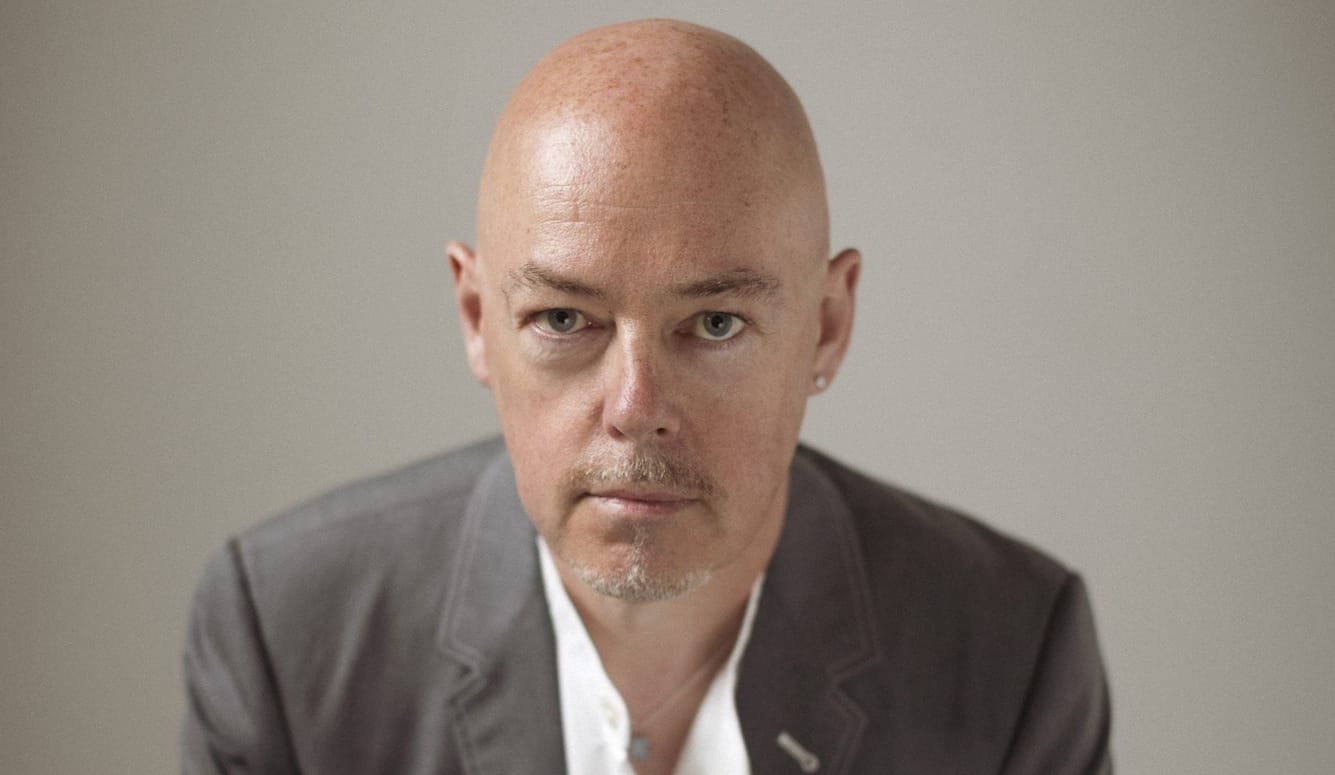literature
Another Tiresome Trans-Activist Power Play
The campaign to strip novelist John Boyne of his Polari Prize longlist honour shows that gender extremists still seek to control progressive arts subcultures—even as mainstream society rejects their illiberal movement.

The Polari Prize, which annually honours the best books written by LGBT authors in the British isles, is the latest arts institution to be rocked by identity politics. This year’s Polari jury selected John Boyne’s Earth for its Book of the Year longlist. Controversy erupted immediately, and has since metastasised on so large a scale that it threatens not only this year’s award but the viability of the fifteen-year-old Polari Prize itself.
The problem isn’t the book, a compelling read that focuses on two football players charged with rape and accessory to rape, while touching on important themes such as social class, privilege, and institutional corruption. Rather, it’s the opinions of the author—the best-selling gay Irish novelist best known for his 2006 novel, The Boy in the Striped Pyjamas (and its 2008 film adaptation). Boyne had the temerity to publicly celebrate Harry Potter author J.K. Rowling on her sixtieth birthday. In The Irish Times, he wrote of her, “As a writer, I’m in awe of her achievements. As a reader, I love her work. And as a fellow TERF, I stand four-square behind her.”
For those unaware, “TERF” is a term of abuse—recently co-opted by those whom it’s meant to disparage—that transgender activists often use to describe anyone (such as Rowling) who points out that biological differences between men and women can’t be erased by changing one’s pronouns.
This wasn’t Boyne’s first brush with “Alphabet” infamy. In 2019, at a time when trans activism was still an ascendant force in Western nations, he wrote:
While I wholeheartedly support the rights of trans men and women, and consider them courageous pioneers, it will probably make some unhappy to know that I reject the word ‘cis,’ the term given by transgender people to their non-transgender brethren. I don’t consider myself a cis man; I consider myself a man. For while I will happily employ any term that a person feels best defines them, whether that be transgender, non-binary, or gender fluid to name but a few, I reject the notion that someone can force an unwanted term onto another.
As if this weren’t sufficiently offensive to the literary world’s ideological gatekeepers, Boyne had the effrontery to write My Brother’s Name Is Jessica, a young-adult novel written from the point of view of a teenager, Sam Waver, who’s shaken when his older brother, originally named Jason, comes out as trans. Boyne was pilloried for focusing on his protagonist’s emotional growth as he learns to love, support, and understand his trans sibling. According to activists, Boyne should have instead focused on Jessica. (Of course, if he’d written the book from a trans point of view, as his critics demanded, he’d have been attacked for literary “appropriation.”) Boyne also committed the cardinal sin of misgendering (and “deadnaming,” to boot), as the book’s very title attests.
All stories worth telling feature a main character who changes over time. And it’s hard to understand how Sam could have grown if he’d been enlightened about trans issues from the story’s beginning, nor how he could have failed to remember life before his brother became his sister. But in this puritanical subculture, the ordinary rules of art and literature (like just about everything else) are expected to give way to the dogmas of gender affirmation.





